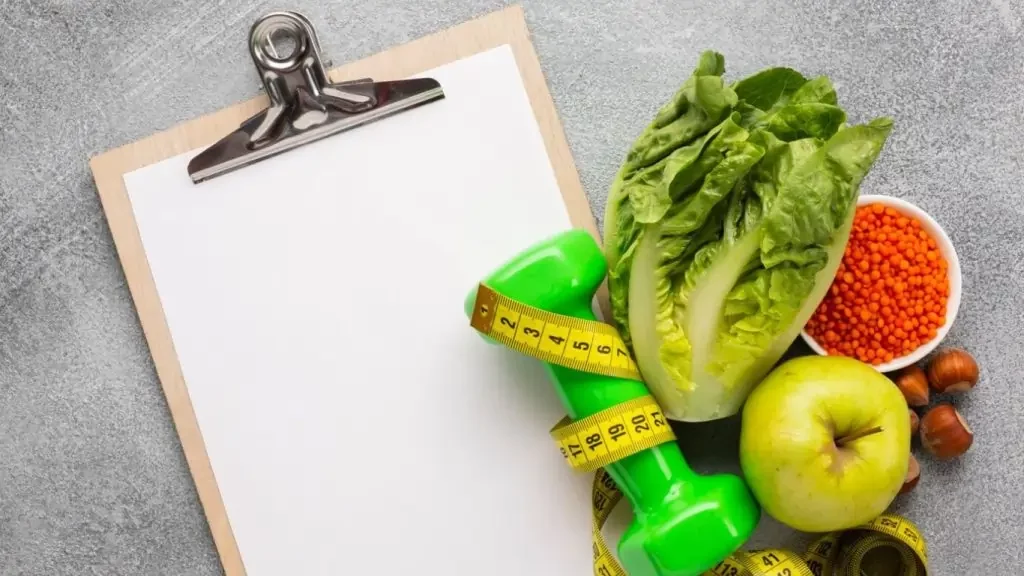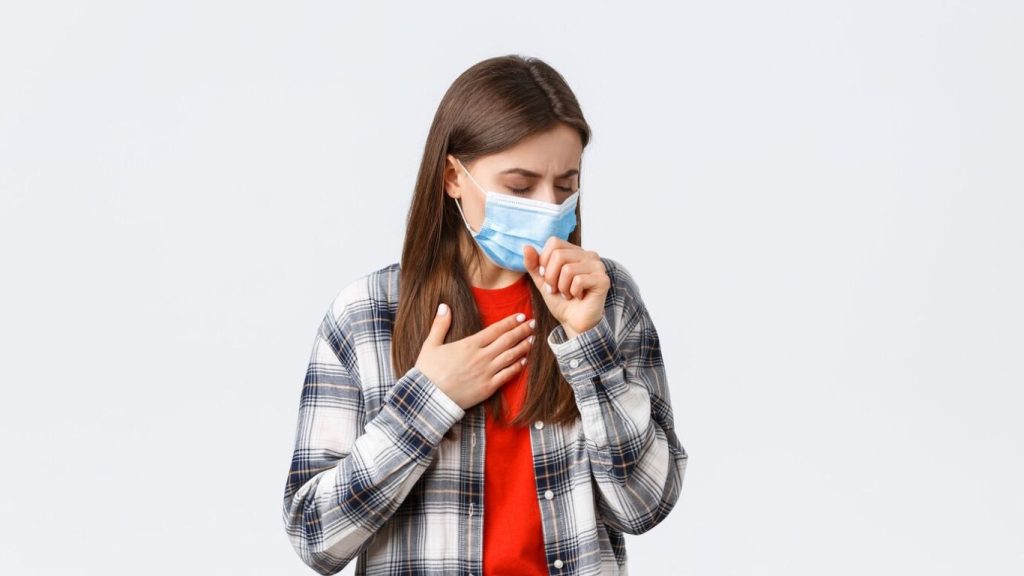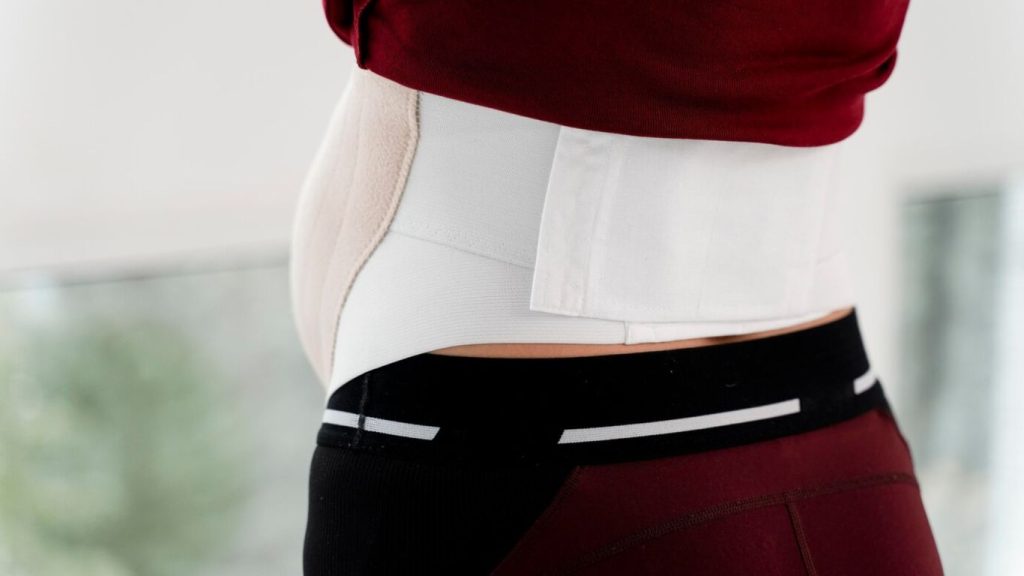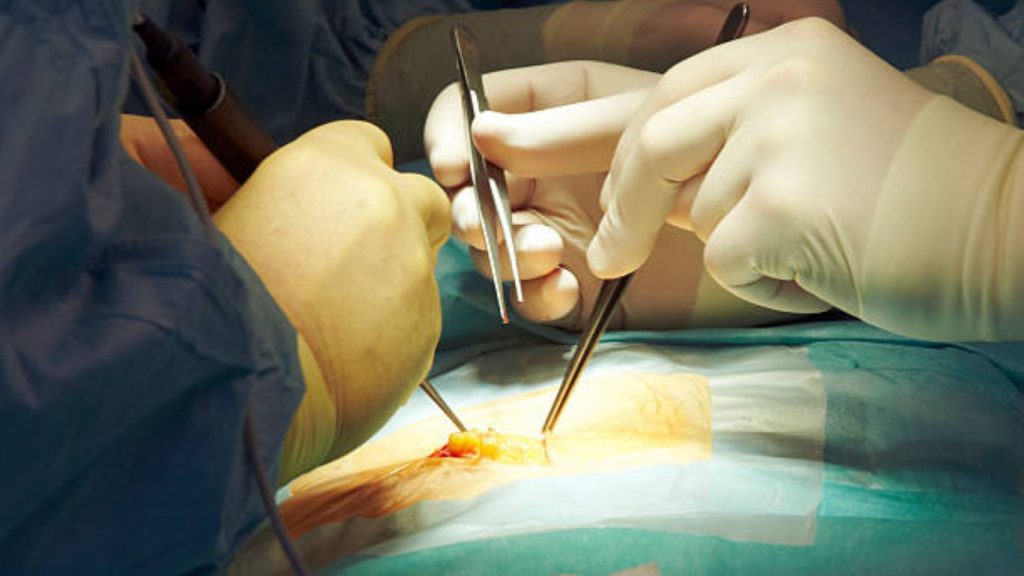A hernia occurs when an organ or fatty tissue squeezes through a weak spot in a surrounding muscle or connective tissue called fascia. While some hernias can be minor, without timely attention and care, they can worsen, leading to complications and heightened discomfort. This article delves into understanding hernias and offers strategies to prevent their progression.
Understanding Hernias
Before delving into prevention, let’s understand the various types of hernias:
- Inguinal Hernia: Occurs when intestines push through a weak spot or tear in the lower abdominal wall, often in the inguinal canal. This type is more common in men.
- Femoral Hernia: More common in women, especially those who are pregnant or obese. It happens when a part of the intestine enters the canal carrying the femoral artery.
- Umbilical Hernia: Occurs when a section of the intestine protrudes through the abdominal wall near the belly button.
- Hiatal Hernia: When a part of the stomach protrudes up into the chest through the diaphragm.
- Incisional Hernia: Can occur after abdominal surgery when intestines push through the incision scar or the surrounding tissue.
Factors that Can Worsen a Hernia
Several factors can exacerbate a hernia:
- Physical Strain: Lifting heavy objects without stabilizing the abdominal muscles can put undue pressure on the hernia site.
- Constipation: Straining during bowel movements.
- Persistent Coughing or Sneezing: Adds continuous pressure to the abdominal region.
- Pregnancy: Increased pressure in the abdomen can exacerbate existing hernias.
Steps to Prevent a Hernia from Getting Worse
1. Avoid Heavy Lifting

If you must lift something:
- Ensure proper form: Bend at the knees, not the waist.
- Engage the core muscles before lifting.
- Avoid holding your breath; this increases internal abdominal pressure.
2. Maintain a Healthy Weight

Excess weight, especially in the abdominal region, can increase the pressure on the abdominal muscles. Adopting a balanced diet and regular exercise regime can help manage weight and reduce the risk of hernia progression.
3. Eat a High-Fiber Diet

A diet rich in fiber can prevent constipation, reducing the strain during bowel movements. Include whole grains, fresh fruits, and vegetables in your daily diet.
4. Stay Hydrated

Adequate water intake ensures soft stools, further preventing constipation.
5. Address Chronic Cough

Persistent coughing can exacerbate a hernia. Seek medical advice if you have a chronic cough. If you’re a smoker, consider quitting, as smoking can lead to a persistent cough.
6. Wear a Hernia Belt or Truss

For certain types of hernias, wearing a supportive truss or belt can offer temporary relief. Consult with your healthcare provider before using one.
7. Monitor the Hernia
Keep an eye on the size, shape, and level of discomfort of the hernia. If the hernia appears to change or if the pain increases, consult a medical professional.
8. Avoid Straining During Bowel Movements
If you’re constipated, consider over-the-counter stool softeners. Also, refrain from reading or using your phone on the toilet, as lingering can lead to unconscious straining.
9. Manage Intra-Abdominal Pressure

Activities like singing loudly, playing wind instruments, or even certain yoga poses can increase abdominal pressure. Be mindful of these activities if you have a hernia.
10. Consider Surgical Repair

For many, surgery might be the best option to prevent a hernia from getting worse. Talk to your doctor about the potential risks and benefits.
When to Seek Immediate Medical Attention
A hernia can lead to complications if not addressed:
- Incarceration: When a hernia gets trapped and can’t be pushed back into the abdomen.
- Strangulation: Blood flow to the incarcerated hernia is cut off. It’s a medical emergency and requires immediate attention.
Symptoms of these complications include sudden pain, nausea, vomiting, and the hernia turning red, purple, or dark.
Conclusion
A hernia, while common, should never be ignored. The key to preventing it from getting worse lies in understanding its nature, being aware of the factors that exacerbate it, and adopting both lifestyle and medical strategies to manage it. If you suspect you have a hernia or if you’re experiencing symptoms of complications, always consult with a healthcare professional. With the right care, you can ensure that a hernia doesn’t become a debilitating issue in your life.
Frequently Ask Questions
A hernia occurs when an organ or fatty tissue pushes through a weak spot in a surrounding muscle or connective tissue, known as fascia.
Yes, lifting heavy objects without proper technique or support can put added pressure on the hernia site, potentially making it worse.
Absolutely. A high-fiber diet can prevent constipation, reducing strain during bowel movements, which can exacerbate a hernia. Staying hydrated and maintaining a healthy weight are also crucial.
Yes, continuous coughing or sneezing can increase pressure on the abdominal region and worsen a hernia. It’s essential to address the cause of the chronic cough.
A hernia belt or truss is a supportive device that can provide temporary relief by keeping the hernia in place. It’s essential to consult with a healthcare provider before using one to ensure it’s suitable for your type of hernia.
While some small hernias can be managed with lifestyle changes and support, surgery is often the most effective long-term solution, especially if the hernia is causing discomfort or increasing in size.
Activities that increase intra-abdominal pressure, such as heavy lifting, straining during bowel movements, or even some intense exercises, can exacerbate a hernia. Being mindful and using proper techniques can reduce risks.
If the hernia suddenly becomes very painful, changes color to red, purple, or dark, or if you experience nausea, vomiting, or cannot pass gas or stools, seek medical attention immediately. These symptoms can indicate complications like incarceration or strangulation.
Yes, smoking can lead to a persistent cough, which increases abdominal pressure and can worsen a hernia. Additionally, smoking can impair wound healing if you undergo hernia surgery.
